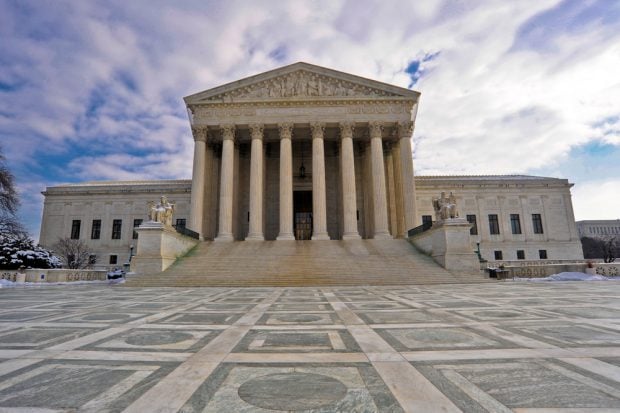Private deposit insurance disclosure regulation has finally come to fruition. By law, nonfederally insured credit unions have been required to notify their members that they are not federally insured for just less than two decades, so it's about time the Federal Trade Commission started enforcing it.
A 2003 Government Accountability Office report stated, "Some privately insured credit unions GAO visited did not adequately disclose that these institutions were not federally insured; as a result, depositors at these institutions may not be fully informed that their deposits are not federally insured. For example, in unannounced site visits to 57 privately insured credit unions in Alabama, California, Illinois, Indiana, and Ohio, GAO found that required notices were not posted in 37 percent of the locations."
So finally, in 2010, the Federal Trade Commission has issued a final rule. The current period of financial tumult should have pushed this to the forefront more than two years ago. The type of deposit insurance a financial institution carries should weigh heavily in consumers' decisions on whether or not to park funds there. Depositors should be informed to the extent possible of the benefits and risks, particularly during a period of such uncertainty.
Complete your profile to continue reading and get FREE access to CUTimes.com, part of your ALM digital membership.
Your access to unlimited CUTimes.com content isn’t changing.
Once you are an ALM digital member, you’ll receive:
- Critical CUTimes.com information including comprehensive product and service provider listings via the Marketplace Directory, CU Careers, resources from industry leaders, webcasts, and breaking news, analysis and more with our informative Newsletters.
- Exclusive discounts on ALM and CU Times events.
- Access to other award-winning ALM websites including Law.com and GlobeSt.com.
Already have an account? Sign In
© 2024 ALM Global, LLC, All Rights Reserved. Request academic re-use from www.copyright.com. All other uses, submit a request to [email protected]. For more information visit Asset & Logo Licensing.









